Reflections from Geneva: Norway’s Role in Upholding International Law and Multilateralism
After the UN Human Rights Council, reflections on shifting global dynamics, Norway’s commitment to international law, and the need for cooperation to tackle global challenges.
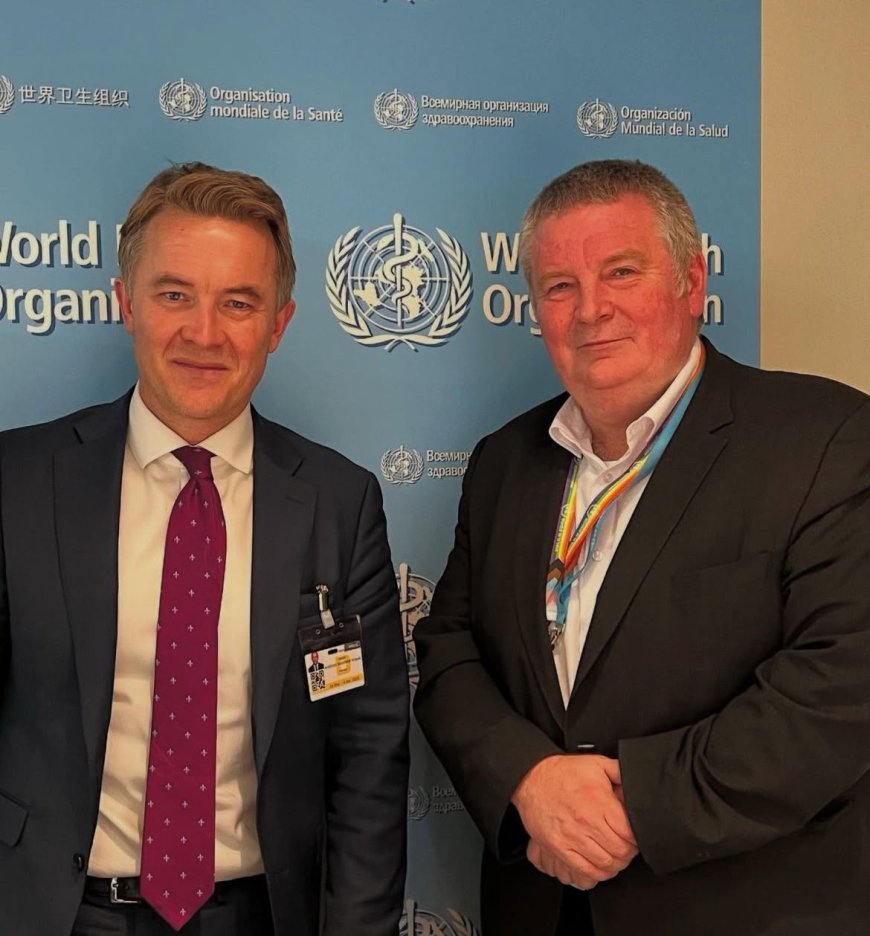
As the world grapples with unprecedented challenges, the opening of the UN Human Rights Council in Geneva served as a poignant reminder of the importance of international cooperation and the rule of law. Returning home, I am struck by the dual realities of our time: the enduring relevance of the multilateral system and the undeniable shifts in global power dynamics that are reshaping our world.
The UN’s Enduring Role
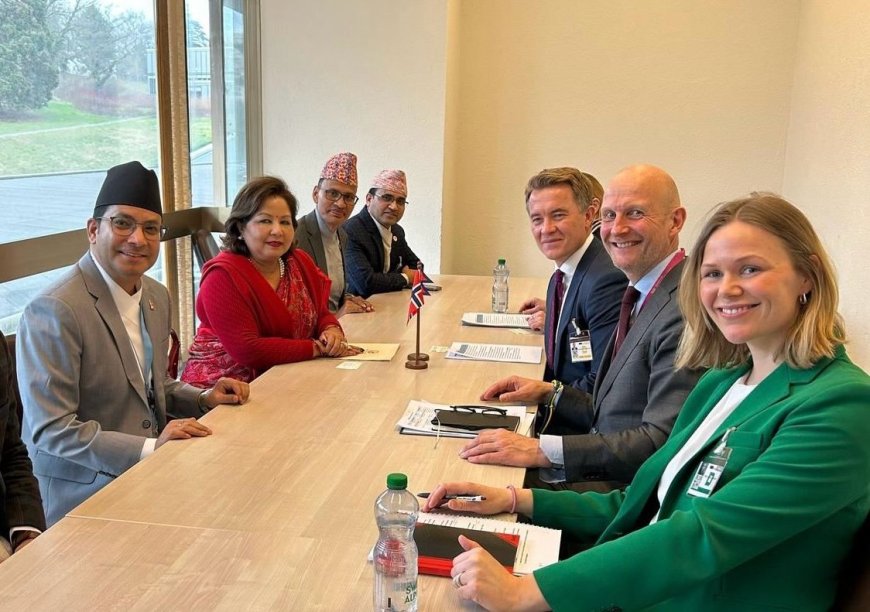
The United Nations remains a cornerstone of global governance, providing critical humanitarian services and upholding international law with unmatched legitimacy. No other institution can rival the UN’s ability to confer global legitimacy on decisions and regulations, both normatively and operationally. However, it is clear that we are entering a new era—one marked by uncertainty and the emergence of multiple power centers.
A Changing Global Landscape
The Western community of interests is weakening, partly due to the changing role of the United States. This shift has led some to fear a future where power reigns supreme, and international law loses its force. While this scenario cannot be ruled out, I remain hopeful. The path forward will require a concerted effort from all who believe in international cooperation and binding legal frameworks.
Norway, alongside like-minded nations, must continue to engage actively—both within and beyond Europe. Global challenges such as terrorism, climate change, pandemics, and artificial intelligence cannot be solved without cooperation and shared rules.
Norway’s Commitment to International Law
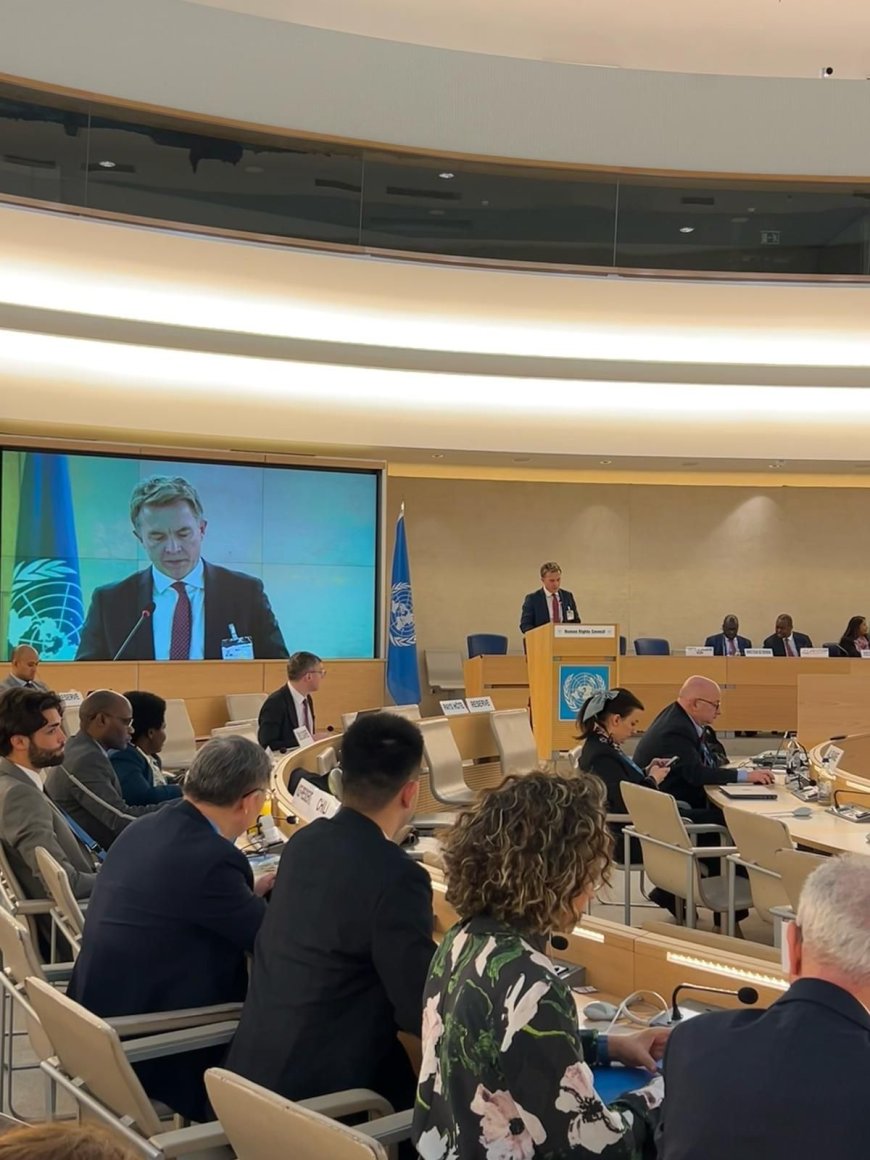
At the Human Rights Council, Norway emphasized the importance of international law, civil society protection, and the rights of women and sexual minorities. In my keynote speech, I highlighted the need for a rules-based international order that prioritizes human rights and inclusivity.
At the Conference on Disarmament, Norway reaffirmed its commitment to disarmament and weapons conventions. These are areas where Norway has long been a normative and operational force, and we will continue to champion these causes.
Building Partnerships for the Future
The visit included constructive meetings with ministers from Pakistan, Brazil, Nepal, Serbia, Armenia, the Marshall Islands, and Qatar, among others. These discussions underscored the importance of sustained collaboration and follow-up to address shared challenges.
Conversations with the WHO and the High Commissioner for Human Rights were equally productive, focusing on the need for reform within the multilateral system. As staunch supporters of the UN, we must hold it accountable to ensure it delivers on its promises.
Standing with Ukraine
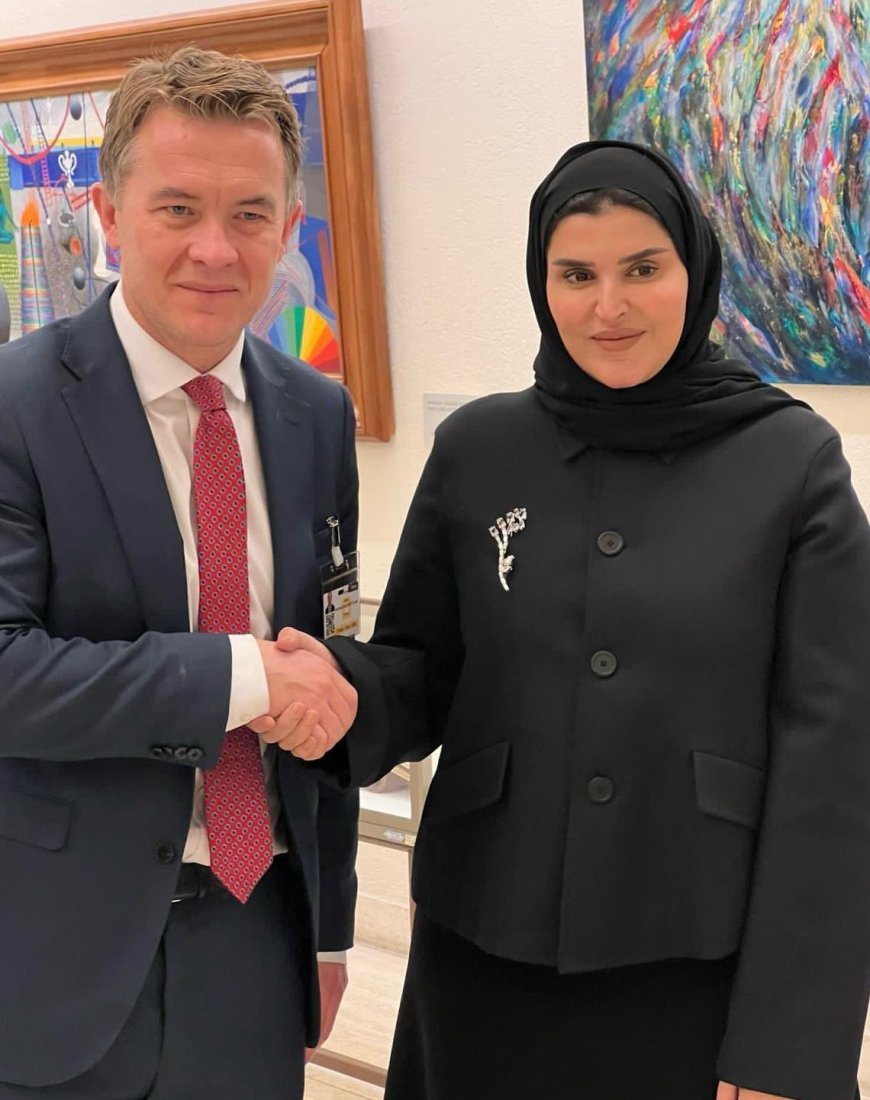
At Ukraine’s side event, the turnout was significant—far greater than last year. Norway delivered clear messages of support for Ukraine against Russian aggression, which violates international law. We stressed the importance of including Ukraine in all relevant negotiations and processes, ensuring its voice is heard on the global stage.
A Blend of Optimism and Anxiety
In sum, I return home with a mix of optimism and anxiety. Our foreign policy, rooted in international law, multilateralism, dialogue, and Euro-Atlantic cooperation, remains the right path. However, the road ahead will require resilience, clarity of thought, and unwavering commitment.
The challenges we face are immense, but so too are the opportunities to shape a more just and cooperative world. Let us rise to the occasion and work together to build a future grounded in shared values and collective action.
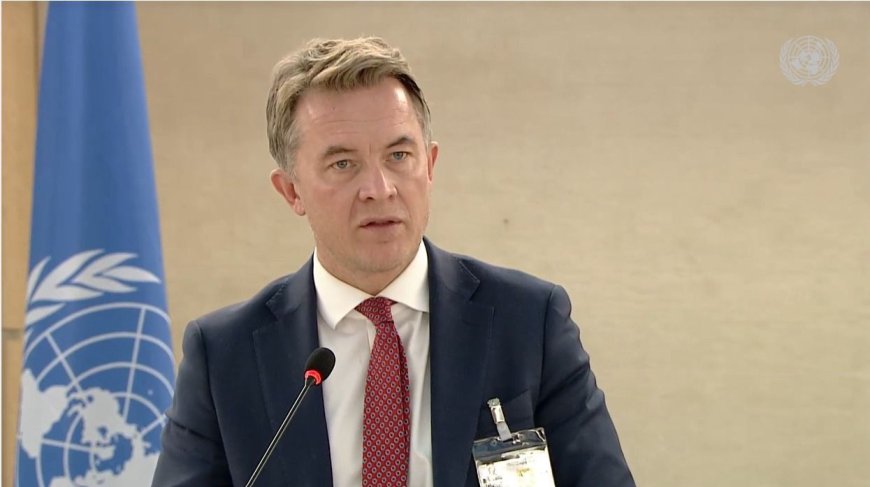
 Kinyarwanda
Kinyarwanda
 English
English










































































